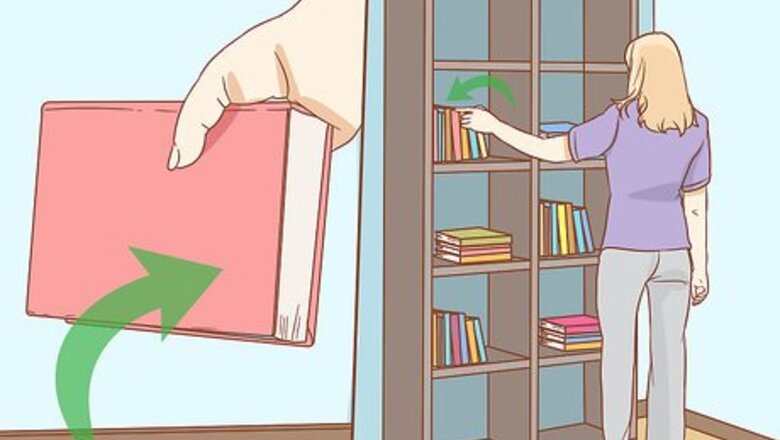
views
Preventing Chewing

Clean everything off your floors so your puppy doesn’t have anything to bite. While your puppy grows, it will teethe and chew on what it can reach. Put children’s toys, shoes, books, and anything else that your puppy could chew away and out of reach. Choose high shelves or cabinets for your items or keep them in a closed closet. Full-grown dogs are less likely to chew on things you don’t want them to if they’re trained not to as a puppy. Make sure all small items, such as buttons, string, and toy pieces, are picked up from the floor since they can harm your puppy. Always watch your puppy when it’s out just in case it finds an object that you missed.
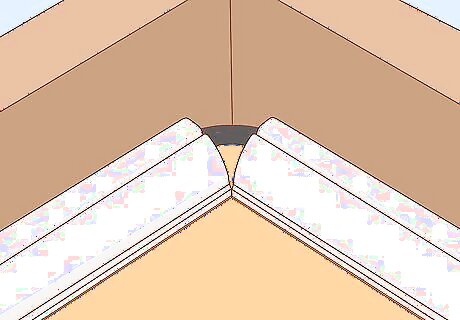
Hide electrical cords in hard to reach places or with wire covers to prevent shock. If puppies chew on a cord that’s plugged in, it could be life-threatening for them. Make sure to keep your cords in a space that puppies can’t get into, such as behind a heavy piece of furniture or TV. You may also purchase cord covers and feed the wires through them to keep them safe. You can buy wire covers online or at hardware stores.Tip: Cover any exposed electrical outlets with plastic covers so they don’t shock your dog if it licks them.
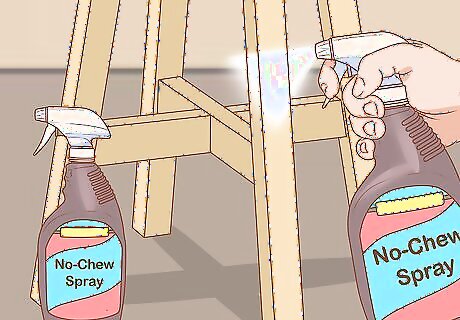
Apply a no-chew spray to furniture legs so your puppy is deterred. No-chew sprays leave a bitter flavor in your puppy’s mouth, so it won’t want to bite it. Spritz the spray on the bottom edges of your furniture, door frames, or table legs. Reapply the spray once a day until your puppy stops chewing on them. You can buy no-chew sprays from your local pet store or online. Read the label carefully to see if it’s safe to apply on your type of furniture.

Give your puppy chew toys to show it what’s okay to chew on. Provide a variety of squeaky chew toys and bones so your puppy can chew on them instead of things around your home. When your puppy gets bored of a certain toy, it will choose another one so your carpet and furniture are safe.
Securing Your Belongings

Use cabinet locks to secure cleaning supplies. Your curious puppy may be able to push open cabinets with its snout or paws. Install the locks in the top corner of your cabinet. If your puppy tries to push it open, the lock will catch, but you can still easily undo the lock. Cabinet locks can be purchased in the baby section of any department store.

Close doors to rooms you don’t want your puppy exploring. If you have your puppy out but you don’t want it playing in a different room, shut the doors to limit its access. That way, your puppy can’t have an accident or get into your things. If you can’t close a door to a room, put a baby gate across the doorway instead.Tip: Keep your puppy in a room with hard floors, like tile or laminate, so it doesn’t have an accident on the carpet.

Get a garbage can with a secure lid so your puppy can’t tip it over. Food scraps and packaging can be harmful to your puppy if it gets into the trash. Make sure the lid on the garbage can is tight and doesn’t fall off if it’s tipped over. If your garbage can doesn’t have a lid, put it in a closet or room where your puppy can't get to it. If you have a smaller dog, a tall and sturdy metal garbage can will work fine.
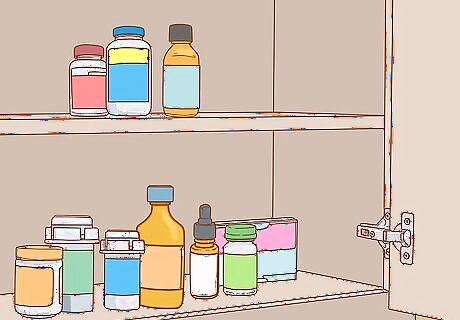
Move any medications into a closet or onto a shelf. Dogs can easily bite through medication caps and get sick if they eat your prescriptions. Take pill bottles out of low cabinets or off of short tables so your puppy can’t get them. Then, place them on a high shelf or inside a closet. If your puppy does get into your medications, call a vet immediately.
Keeping Your Yard Safe
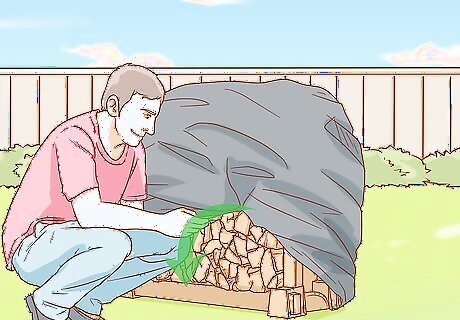
Clean up any tools or toys left in your yard so your puppy can’t get them. Make sure any sharp or heavy tools aren’t left in your yard so your puppy doesn’t get hurt. If there are any toys that have small pieces that your puppy can chew off, put them away in a closed container or on a high shelf. Cover any woodpiles you may have since puppies may get splinters if they chew it.
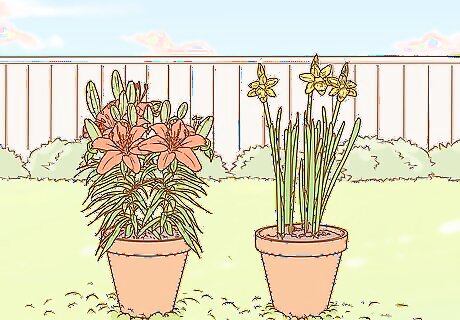
Make sure your plants are non-toxic for dogs in case your puppy chews on them. Many common yard flowers, such as tulips, lilies, and daffodils, are harmful if your puppy ingests them. Make sure none of the plants your puppy can easily access are poisonous to dogs. If they are, either remove the plant or fence it in. A list of plants that are poisonous to dogs can be found here: https://www.aspca.org/pet-care/animal-poison-control/toxic-and-non-toxic-plants.Warning: Make sure any herbicides or pesticides you use in your yard are also pet-safe.

Check fences for any broken areas or gaps so your puppy can’t escape. Walk around your fenceline inside and outside your yard to look for damage. If you find any points that your puppy could fit through, patch the fence or fill in underneath with gravel. That way, your puppy can’t escape or chase anything. Even if your yard is fenced in, supervise your puppy to make sure it stays safe.
















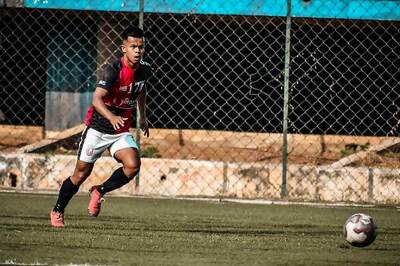
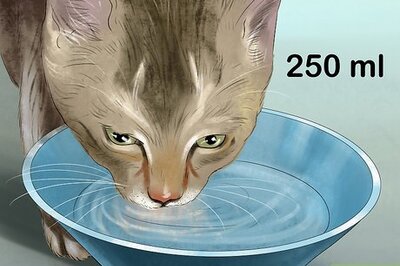
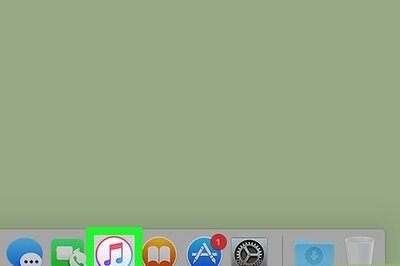
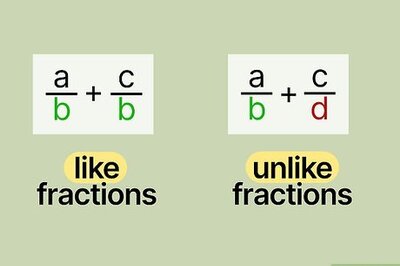
Comments
0 comment